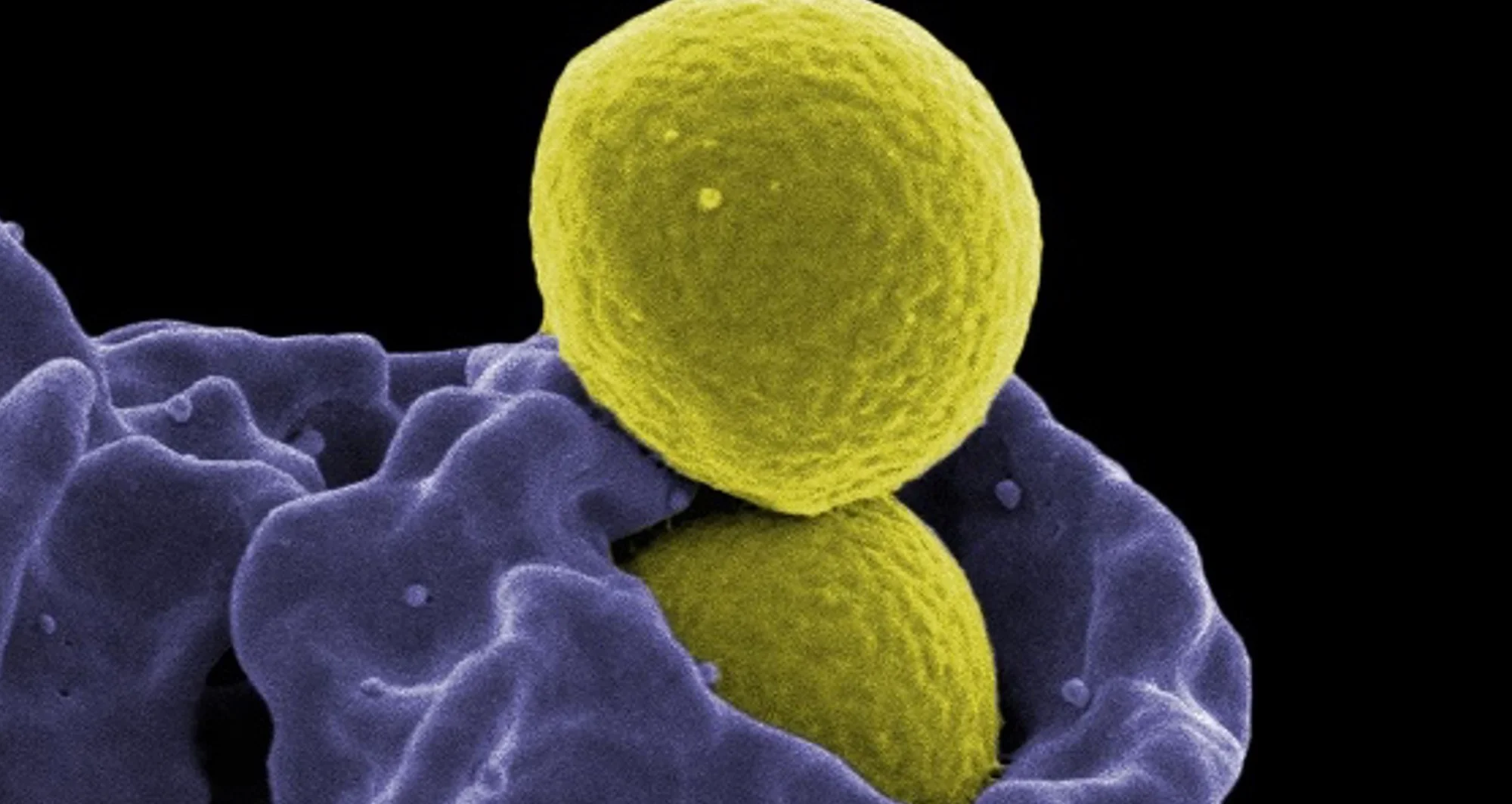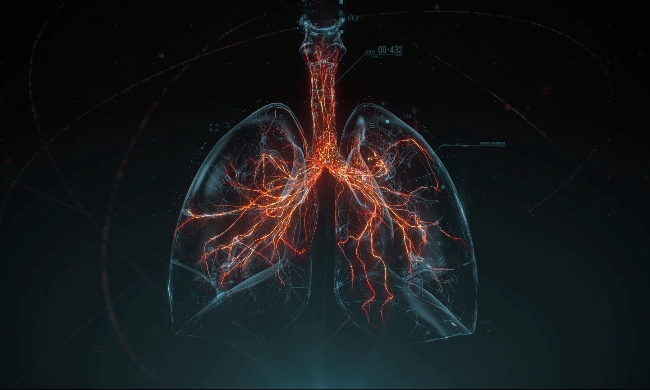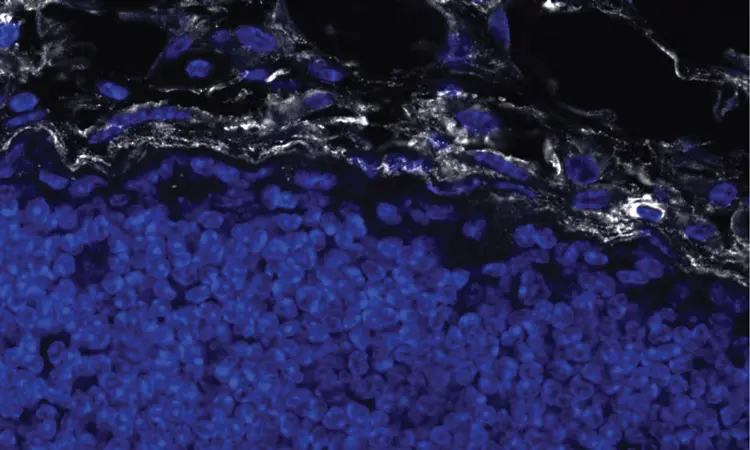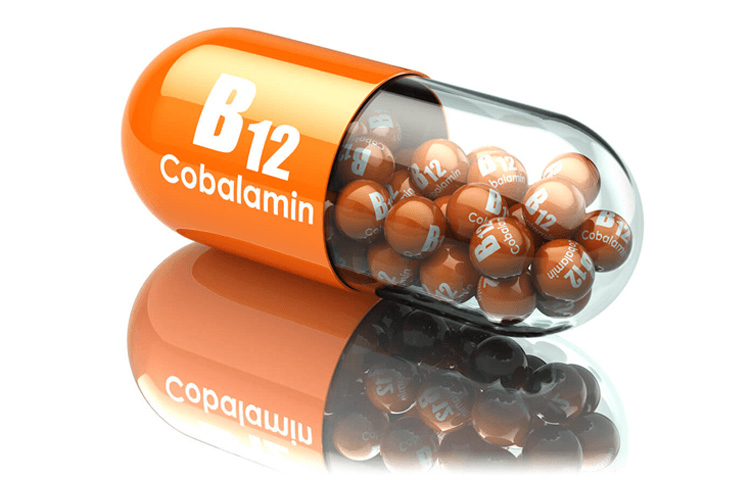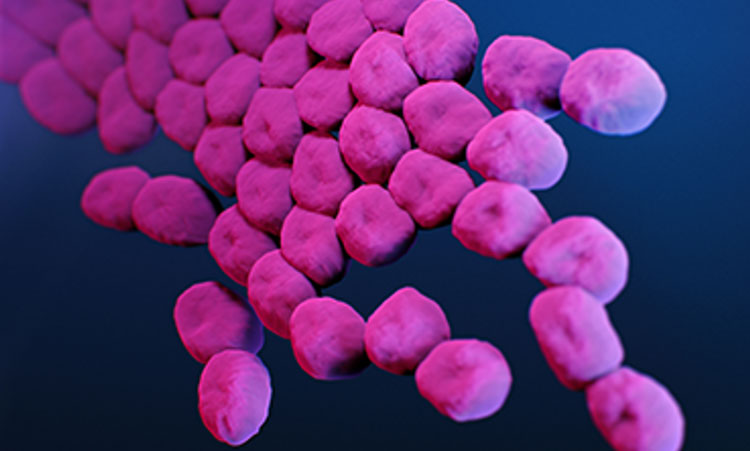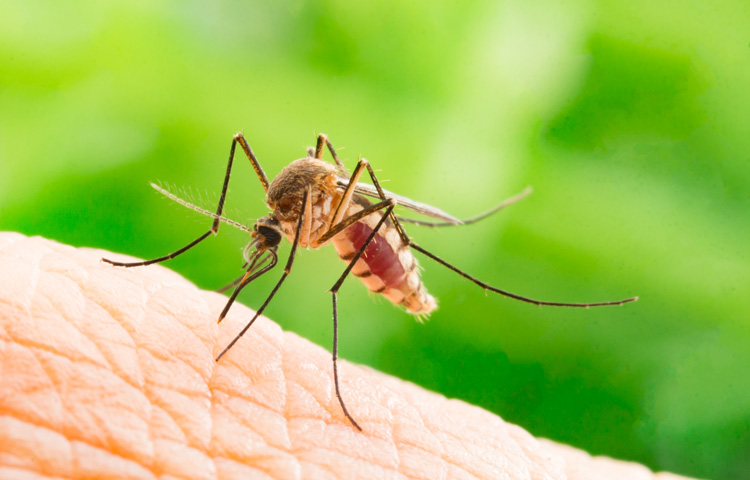Few aspects of human biology have as much import and influence upon our health and wellbeing as our immune system.
The immune system is the complex network of cells, tissues, organs and the substances they make that helps the body fight infections and other diseases. The immune system also aids healing.
There are two sub-components to the immune system: innate and adaptive.
Innate immunity provides a general defense against harmful microbes and substances. It mostly uses immune cells, such as natural killer cells and phagocytes, to combat toxic substances and germs that enter the body through the skin or digestive system.
The adaptive (specific) immune system is more specific. It makes antibodies and uses them to target certain germs that the body has previously encountered. This known as an acquired or learned immune response, and is the basis for many vaccines.
Autoimmune disorders are diseases in which the immune system malfunctions and attacks healthy cells, tissues and organs. There are at least 80 known autoimmune diseases. Some are well known, such as type 1 diabetes, multiple sclerosis, lupus and rheumatoid arthritis, while others are rare and difficult to diagnose.
Immunology
Research at Sanford Burnham Prebys
Experts Available

Victoria Blaho PhD
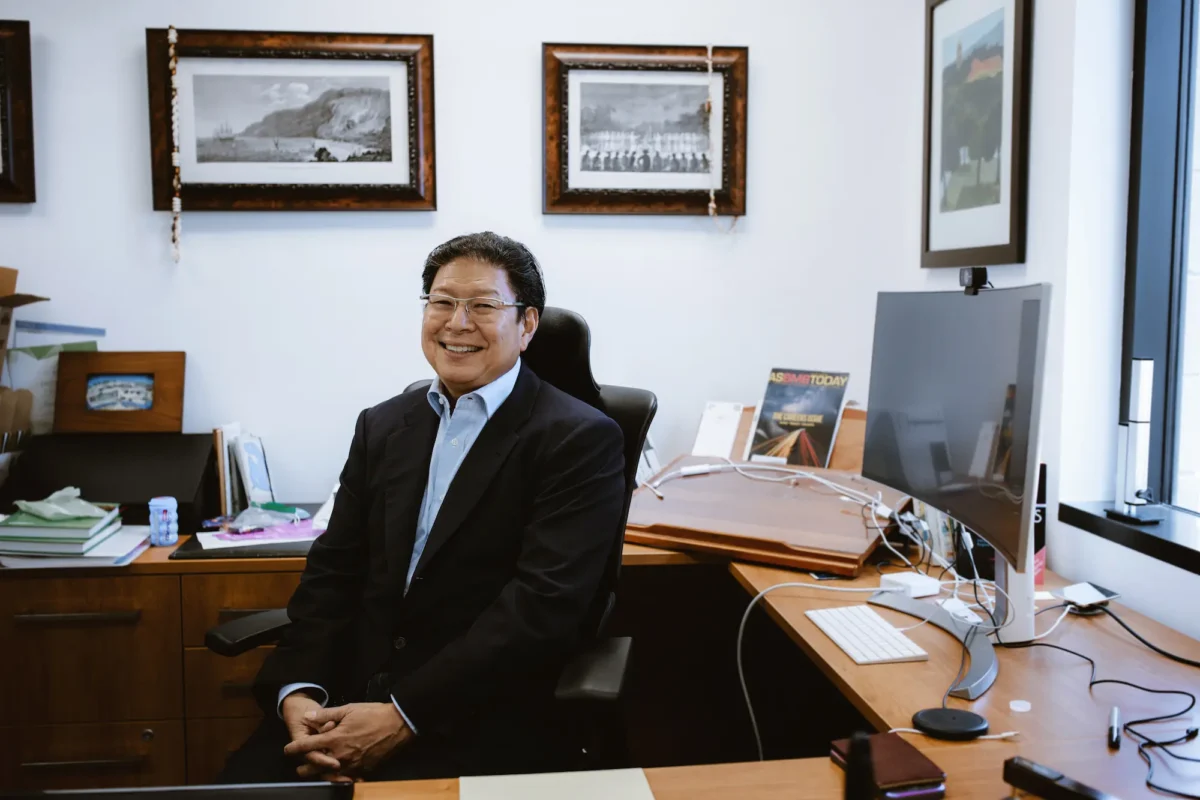
Jerold Chun MD, PhD

Kelly Kersten PhD

Jamey Marth PhD

Andrei Osterman PhD

Carl F. Ware PhD
Media Contacts
Greg Calhoun
(586) 530-9706
gcalhoun@sbpdiscovery.org
Scott LaFee
(619) 889-2368
slafee@spbdiscovery.org
